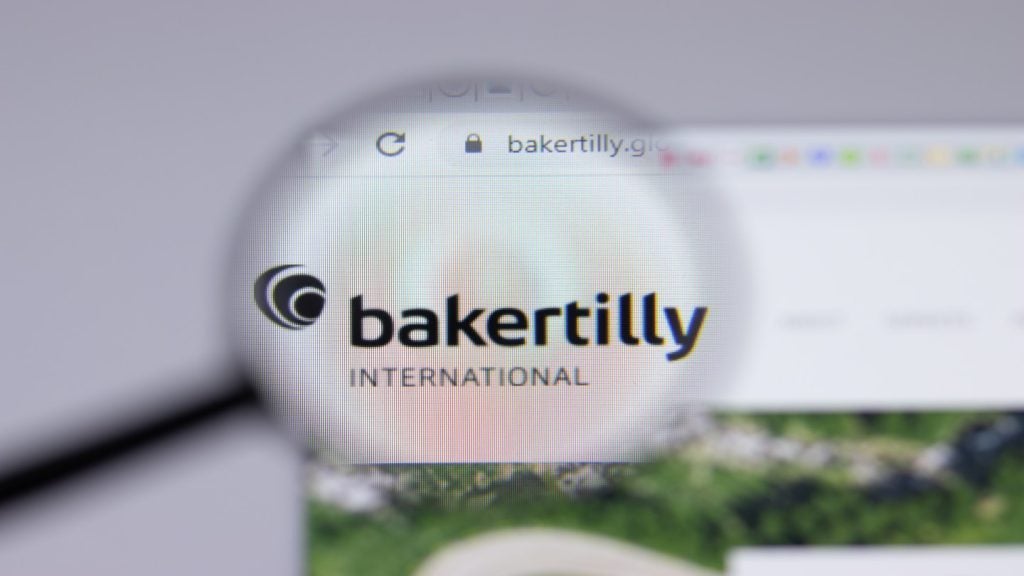Global business leaders are still struggling to adopt greater agility to anticipate and mitigate the impact of COVID-19. That’s the key finding from HLB’s Post-Pandemic Readiness Report launched on 3 July 2020
At the dawn of the new decade, business leaders could not have foreseen the shock wave called COVID-19. Business transformation was not a priority, leading many organisations scrambling in the aftermath of the pandemic. As we move into the ‘New Normal’, companies are still not asking the tough questions needed to ensure they regain their competitive advantage. To drive this change, we identified five strategic priorities business leaders need to focus on to increase their post-pandemic readiness.
Commenting on the findings, Jim Bourke, HLB’s Global Advisory Leader, says: “The Post-Pandemic world will undoubtedly accelerate change. Re-writing the manual on how you do business is no longer an option. But for those business leaders that innovate and adapt quickly, and aren’t afraid to ask the tough questions, are the ones that will succeed in this new world.”
Digital Acceleration
COVID-19 forced businesses across all sectors to rapidly adopt technology-enabled processes to keep operations running remotely. Businesses that do not prioritise digitisation and the adoption of new technology will fall behind the competition and will not be able to keep up with the needs and demands of customers and employees alike. To succeed in the post-pandemic world, CEOs need to take a holistic approach to building a digital enterprise.
How well do you really know your competitors?
Access the most comprehensive Company Profiles on the market, powered by GlobalData. Save hours of research. Gain competitive edge.

Thank you!
Your download email will arrive shortly
Not ready to buy yet? Download a free sample
We are confident about the unique quality of our Company Profiles. However, we want you to make the most beneficial decision for your business, so we offer a free sample that you can download by submitting the below form
By GlobalDataWorkforce transformation
The future of work has changed forever and the well-being of your workforce now directly linked to business performance. In the post-pandemic world, interactions between people in both the physical workplace as well as via digital collaboration platforms must be adjusted to fit a more agile working model. CEOs must adopt and foster a flexible and open culture within their organisation for this to be successful.
Consumer acumen
Findings from HLB’s Global Survey of Business Leaders revealed that pre-pandemic, just 24% of business leaders planned to focus on customer acumen in 2020 to strengthen their business. But in a post-pandemic world, the wants and needs of customers is vastly different. With consumer spending in decline, B2C businesses, in particular, need to make sure their products, sales channels, customer service and brand messages meet the new demands of their customer base.
Cost management
The pandemic shed light on the importance of cash preservation and cost control. During times of change, the key to continued survival is the ability to quickly adapt to unanticipated disruption. Tough questions need to be asked about cost management and efficiency in order to optimise efficiency and productivity.
Supply chain reinvention
The pandemic has uncovered a variety of issues and inefficiencies in global supply chains. One common challenge is replacing or augmenting manual processes which are dependent on the action of individuals. Data analyses to inform procurement processes and decision-making on inventory requirements can be made more efficient through the use of digital technology





